
Twitter employees blanch at prospect of Musk ownership
Musk would likely decimate Twitter’s brand and reputation, say current and former employees.

Musk would likely decimate Twitter’s brand and reputation, say current and former employees.
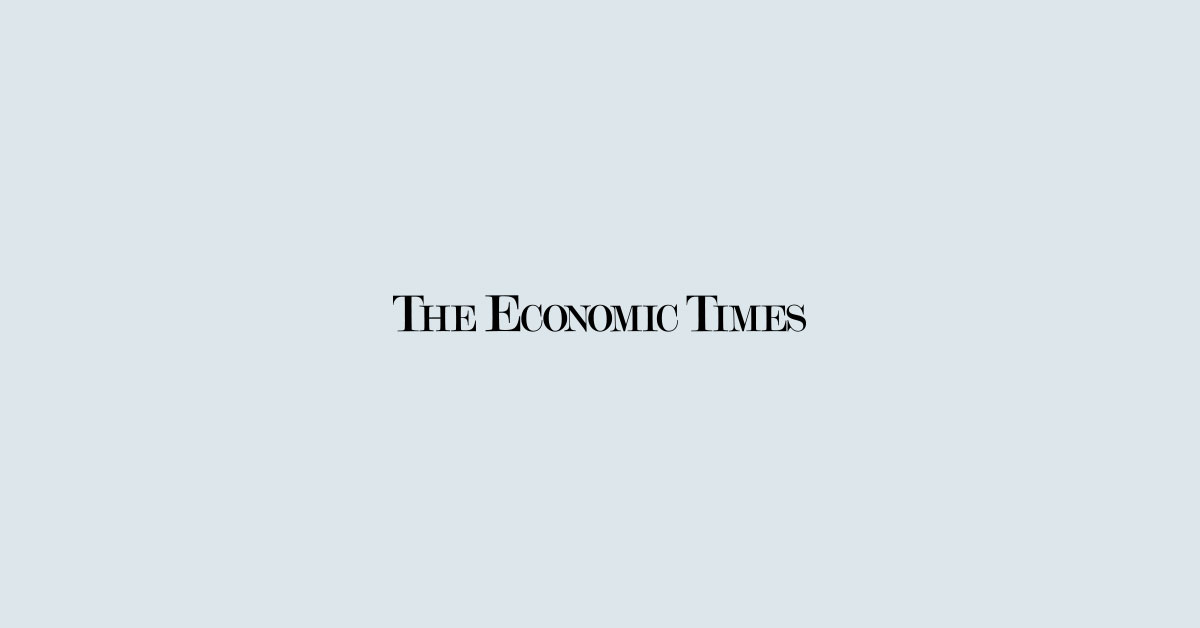
The lingering pandemic and the ongoing war in Europe has made the world economy experience a slowdown in the pace of globalisation. This has ramifications for both the global and Indian economy.

It is an oxymoron. Parallels between Russia’s and India’s attempts to shake free of US Big Tech’s hegemony are worrying.
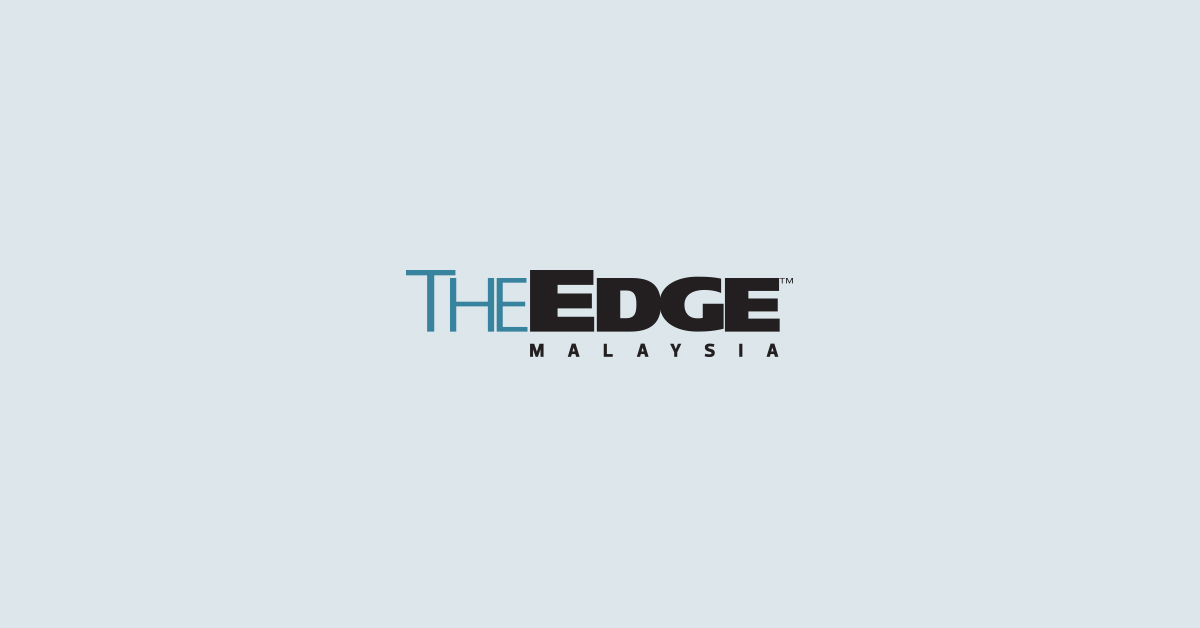
Cyber threats could outpace traditional approaches to data security: MyDIGITAL CEO

Bhaskar Chakravorti discusses how the war in Ukraine is impacting the technology sector.

How old boys’ clubs and box-checking keep tech, academia and more from real progress.

Businesses are unlikely to face similar pressures in an Asian crisis.
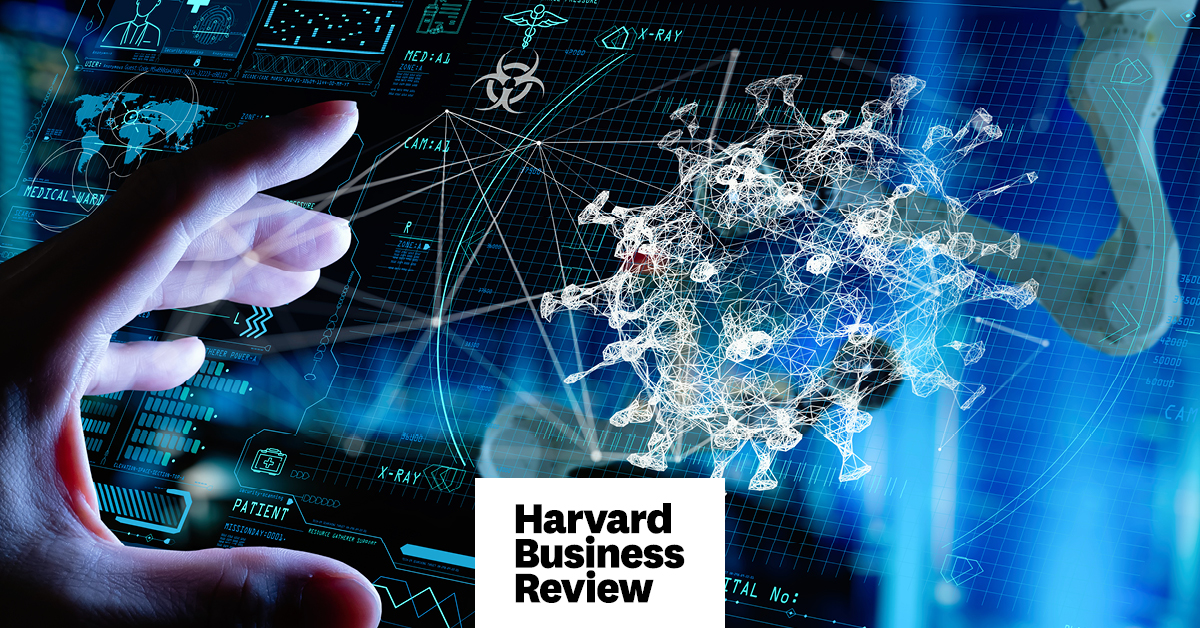
The pandemic could have been the moment when AI made good on its promising potential. There was an unprecedented convergence of the need for fast, evidence-based decisions and large-scale problem-solving with datasets spilling out of every country in the world.

How to work at the cloud-services firm Box, a top-rated employer that recruits people who ‘imagine that they can’t get a job at a tech company’.

Employees of SE Ranking, the Silicon Valley company whose chief accountant is the first known tech worker to be killed in Russia’s invasion of Ukraine, want Tatiana Perebeinis to be remembered for more than the way in which she died, a co-worker told MarketWatch on Wednesday.

TikTok School challenge – what’s happening and what’s being done. Twitter disinformation campaign in Kenya and the lack of diversity in the AI workforce across the world.
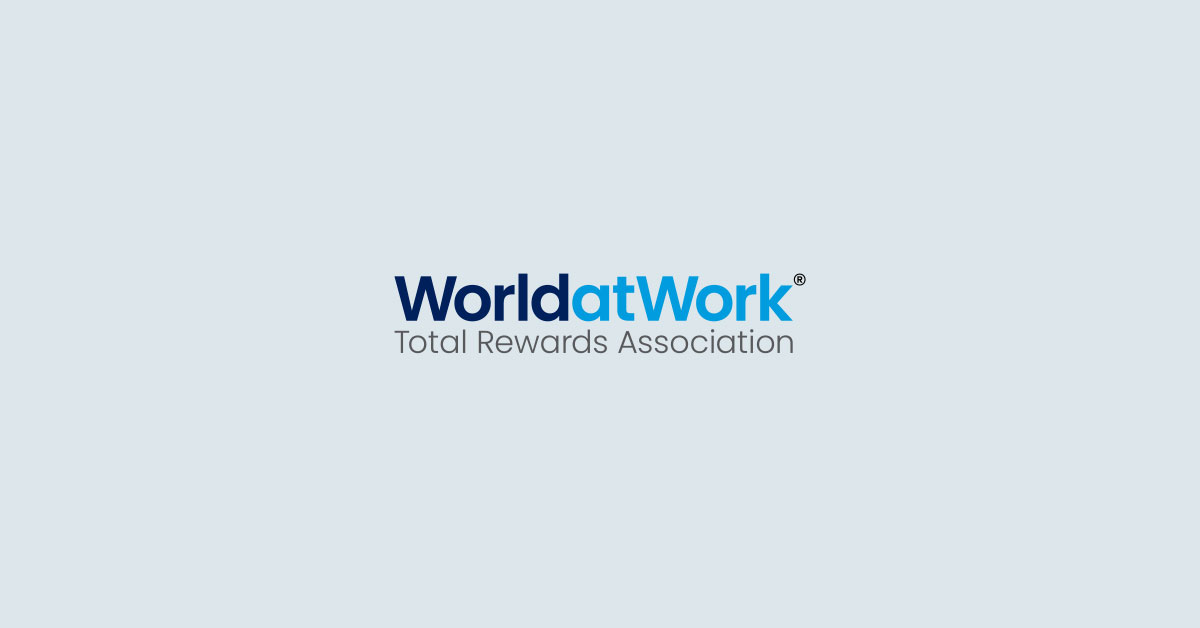
As Russia continues its brutal military campaign in Ukraine, which it launched two weeks ago, several financial themes have emerged. One is the growing list of U.S. companies cutting off ties with Russia, with McDonald’s, Starbucks and Coke being the latest to join the list of nearly 300 companies.

After Big Tech steps in to cut off Russia in wake of Ukraine invasion, experts say it was an easy call because Russia spends so little on a global scale, but could trap Apple and others when and if a larger customer like China makes a similar move.

Worsening Sino-US ties, strict Covid rules and the crackdown on dissent have dented the territory’s fabled allure as a business hub, say experts.

Tom, Joe and Kim talk about the impact of Omicron on the economy, labor issues, vaccine mandates and inflation

India’s equity market is booming, but what impact does this have on the digital market?

Internet giants grapple with how to handle the Taliban’s activities on their platforms.

Many companies in Ukraine’s IT industry relocate staff, who have continued to ship code for clients.

As rumors began to spread of power outages, cyberattacks and tanks rolling into eastern Ukraine, JustAnswer Chief Executive Andy Kurtzig convened his employees in the invaded country on a video conference call to put emergency plans in place.

Semiconductor blockades are powerful sanctions—but may not prove effective with Russia.
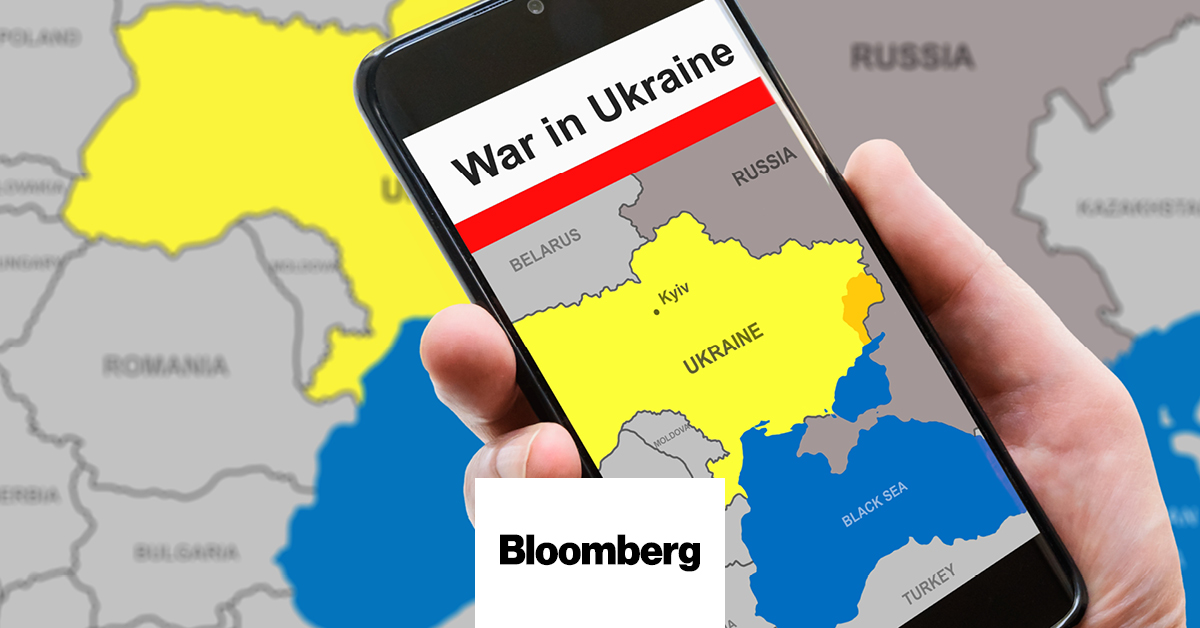
Bhaskar Chakravorti discusses the global technology implications of the war in Ukraine.
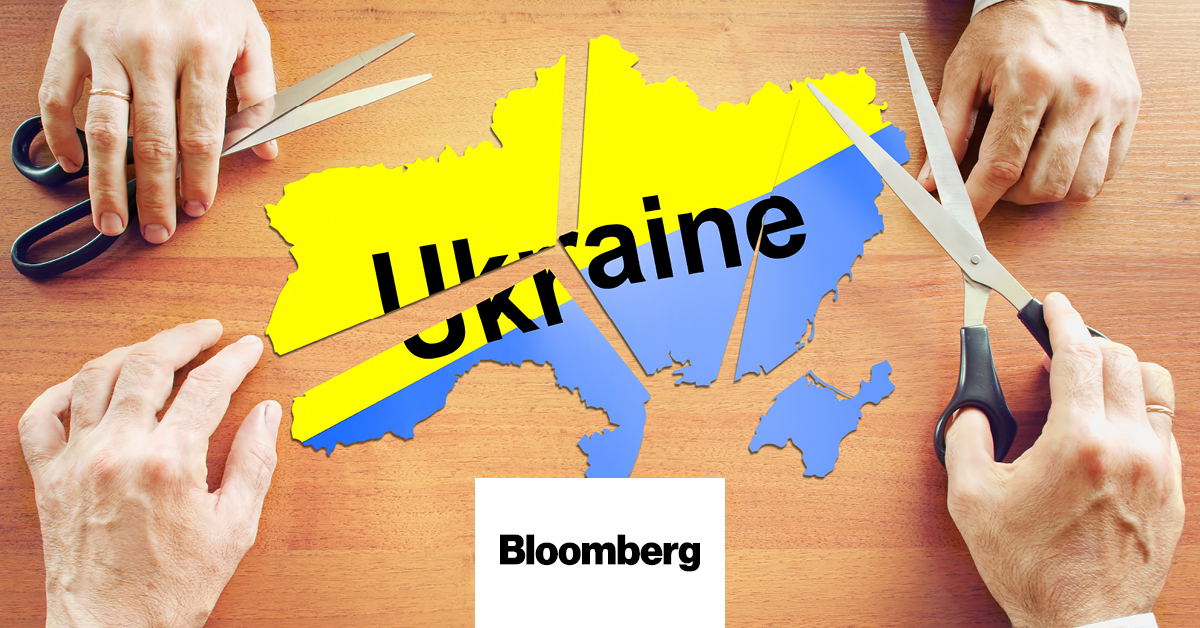
Bhaskar Chakravorti provides analysis on how Russia’s invasion is devastating Ukraine’s burgeoning tech industry.
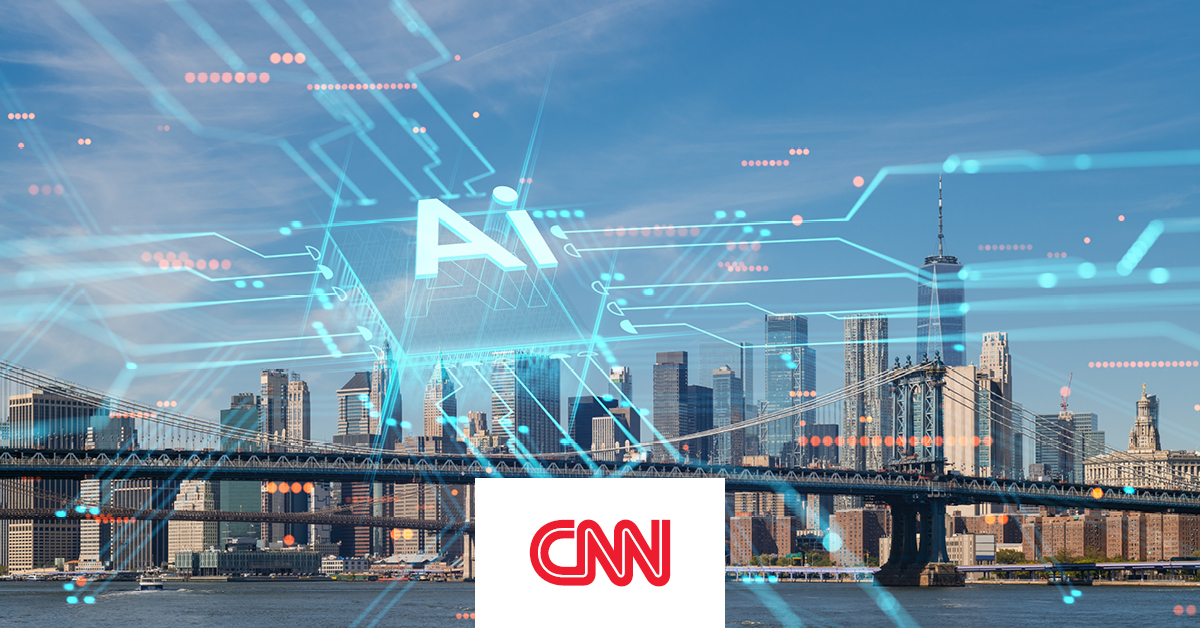
Ajay Bhalla and Bhaskar Chakravorti analyze 50 cities to determine where to be for all things artificial intelligence.

Bhaskar Chakravorti discusses the reasons behind Chairman Xi Jinping’s crackdown on fintech companies and investor interest in India’s startups.

After years of taking a wait-and-see attitude toward cloud services, financial services companies are ready. Data from Capco and Wipro found that 62% expect cloud computing investments to improve revenue and 52% believe those investments will improve profitability.

A look at the status of the numerous probes the DOJ and FTC have going targeting Silicon Valley giants.

Soniya Gokhale interviews Bhaskar Chakravorti on misinformation and the dilemma it poses for governments globally.

Bhaskar Chakravorti discusses how Mark Zuckerberg’s Meta can help close the digital divide in America.

India has announced a digital budget with plans to create its own cryptocurrency – the digital rupee.

Bhaskar Chakravorti joins Bloomberg to discuss Facebook’s rebrand.

Media rightly criticizes Facebook, but are they including the people who’s voices really matter in this discussion?

Fringe players take on Big Tech, governments start regulating, and AI could finally prove its worth.
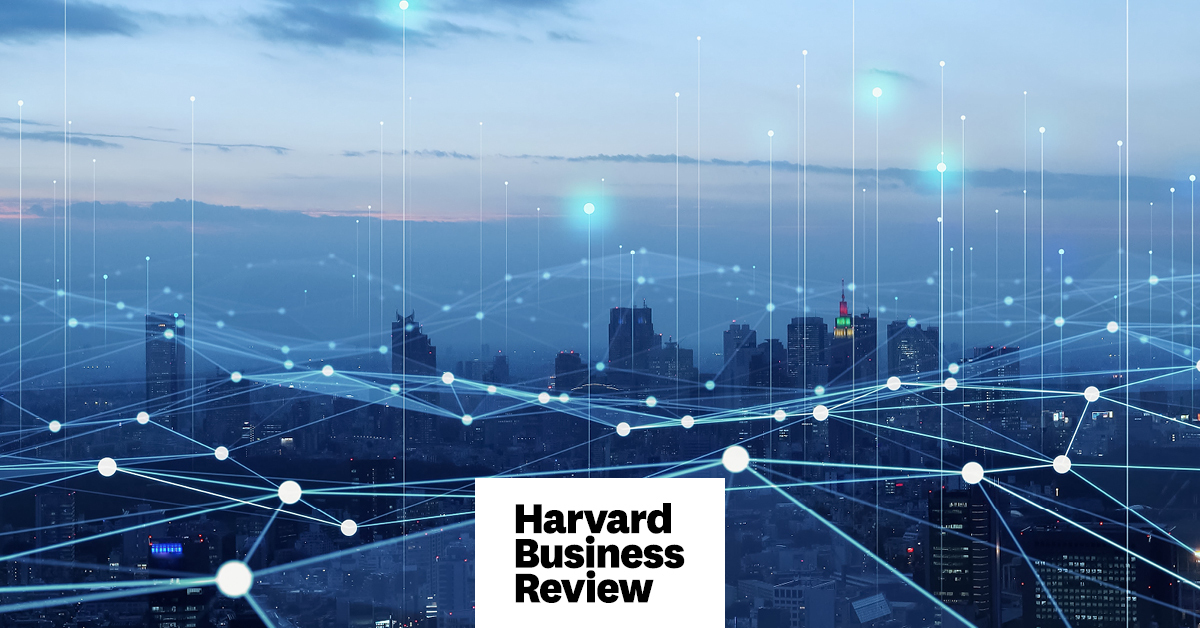
The co-authors discuss the top 50 cities for Artificial Intelligence talent and the need for a diverse workforce.
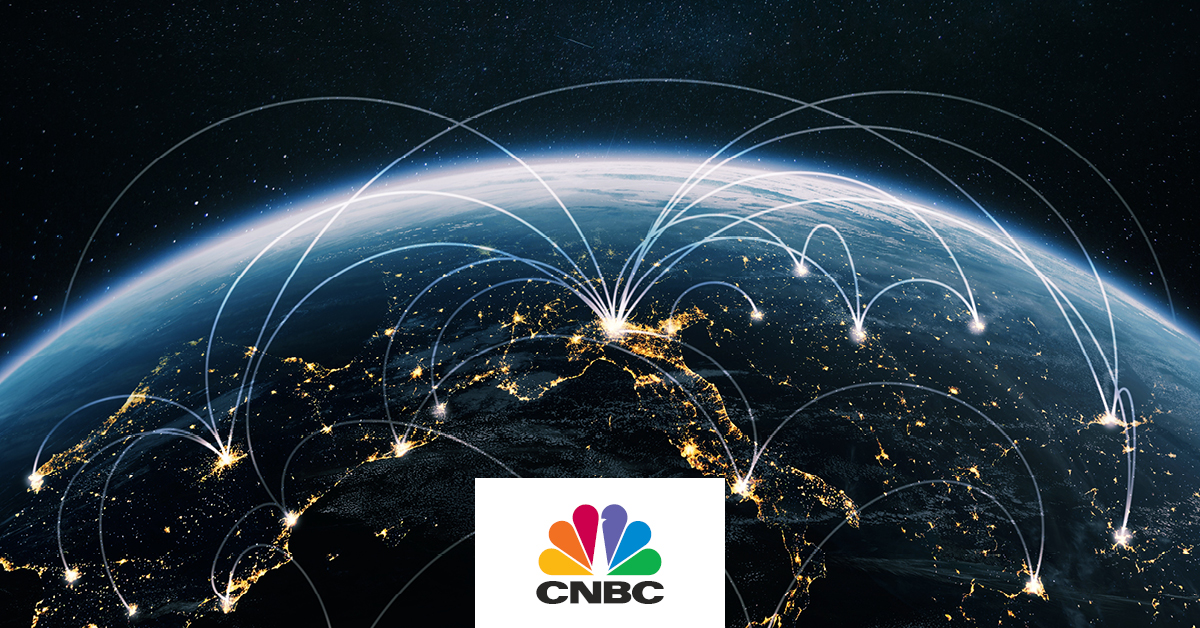
Commerce Secretary Gina Raimondo aims for universal broadband by 2030, but distributing funds from the infrastructure law may take years.
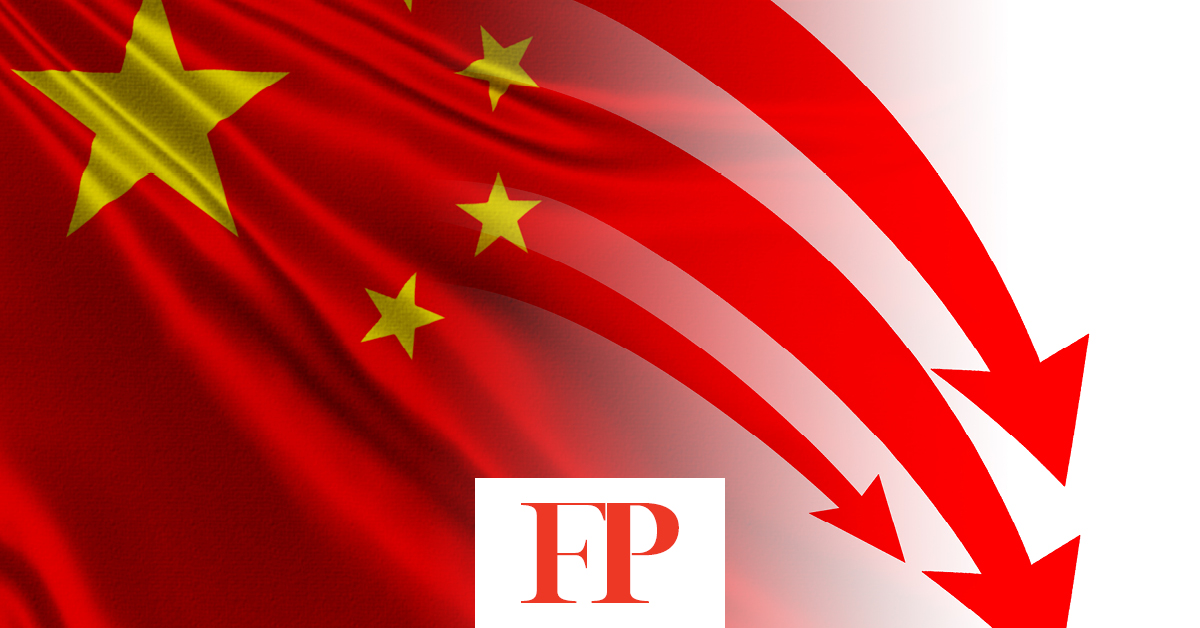
Following President Xi Jinping’s crackdown on the Chinese tech industry, Bhaskar Chakravorti says investors are setting their sights on India.
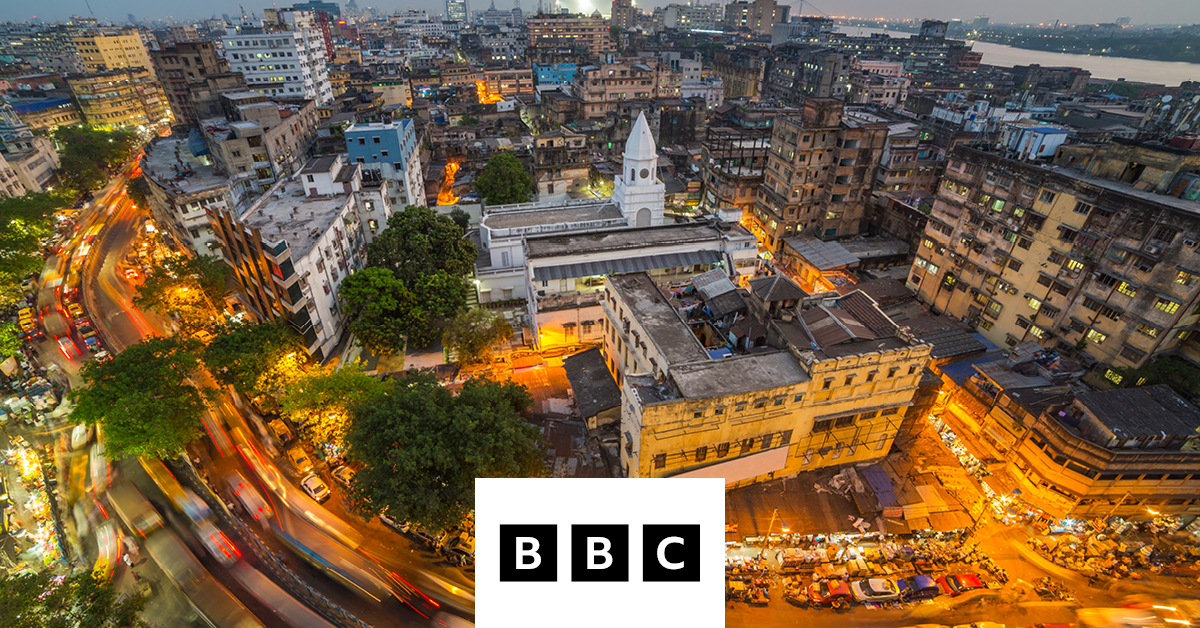
Bhaskar Chakravorti on the BBC discusses India’s plan for a new digital census, and explains the challenges and opportunities that come along with it.

Bhaskar Chakravorti is interviewed about privacy law for minors in the U.S., and claims it is acutely behind the effort.

The last thing India can afford is a bubble that bursts and for capital, talent and technology to take flight and seek refuge elsewhere.

In this episode of ‘Special Series with Dr. Punita Kumar Sinha speaks with Bhaskar Chakravorti, as he delves into the intricacies of Big Tech and its pros and cons.

As a part of Nasdaq’s “World Reimagined” series, Bhaskar Chakravorti and Ajay Banga discuss the importance of building a more digitally inclusive world, and what barriers need to be addressed in doing so.
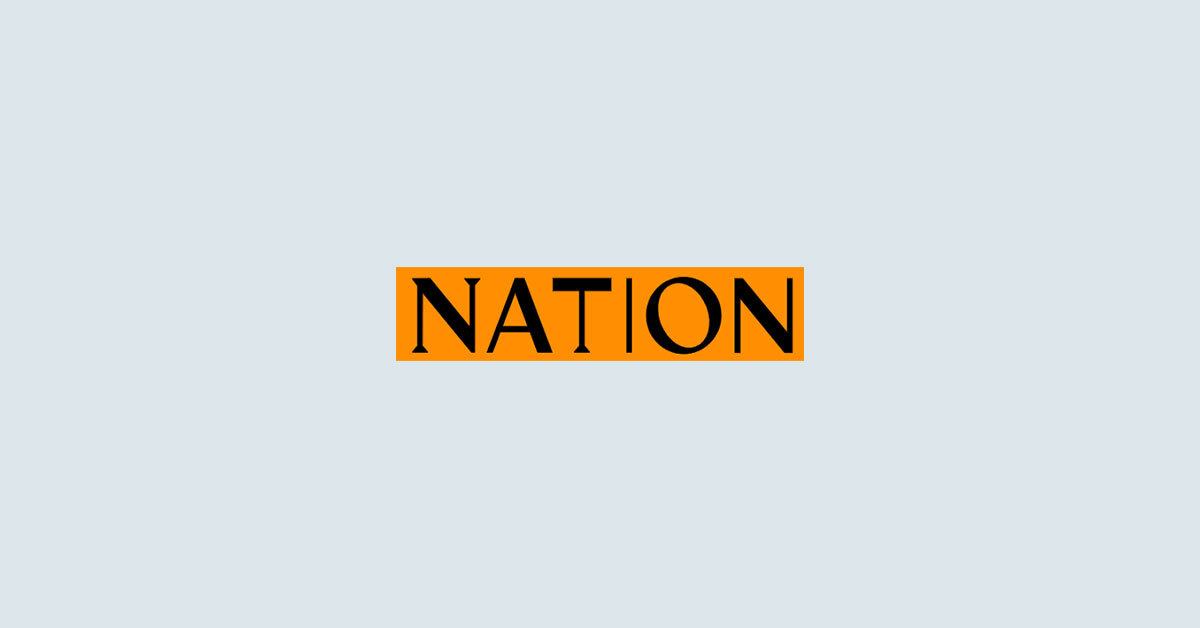
Data from Digital Planet’s Digital Intelligence Index (DII) is mentioned in this article about the lack of accessible broadband services in South Sudan.

Whether it’s about US elections or COVID vaccines, misinformation continues to spread like wildfire on social media with very real and, in some cases, dire consequences. But some people are more vulnerable than others. Why? And what can be done to keep people safe? Bhaskar Chakravorti breaks it all down.

Why the tech giant is on the wrong side of history yet again.

Tech giants ponder giving Taliban social media. Concerns: free speech, harm, Taliban’s image, retaliation, risks. Challenging decisions ahead.

Data about Hong Kong’s ranking on Digital Planet’s Digital Intelligence Index (DII) is featured in this article about tech opportunities in Korea.
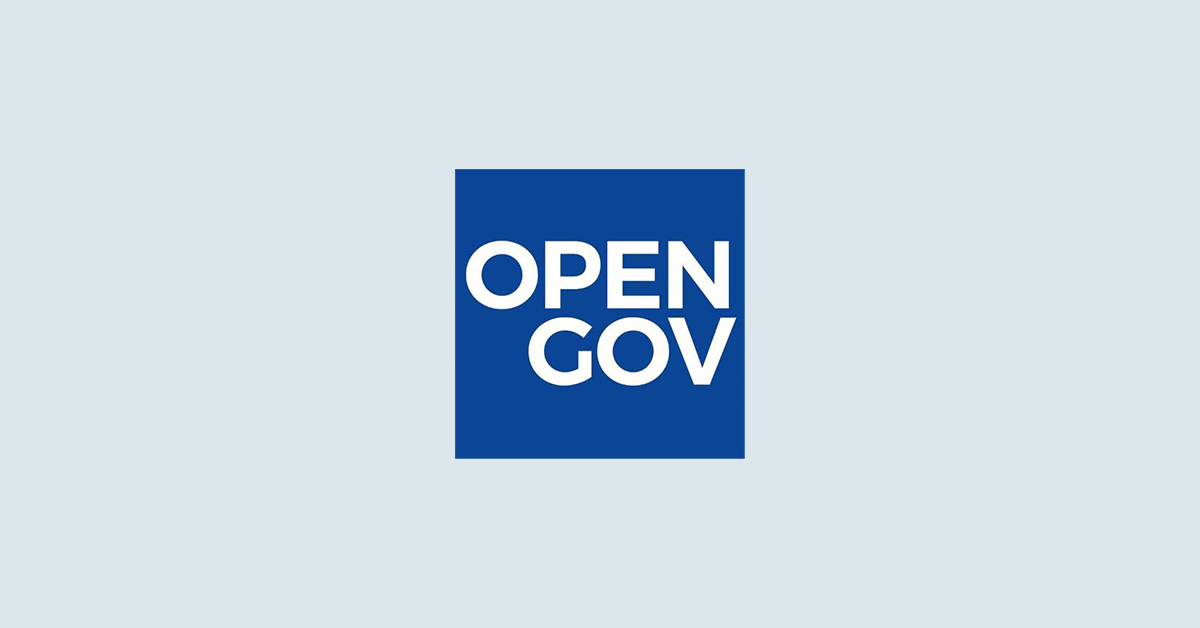
Digital Planet’s Digital Intelligence Index (DII) is mentioned in this article about the development of digital payment technologies in Hong Kong.

The technology is too important to be left in the clutches of Silicon Valley.

Italy’s ranking on Digital Planet’s Digital Intelligence Index is mentioned in this article about the rise of FinTech companies in the country.

A handful of companies have outsize influence on the world’s artificial intelligence. Policymakers must act now to stem the rise of powerful monopolies.

Bhaskar Chakravorti comments on U.S. government antitrust legislation to restrict mergers and acquisitions by dominant Big Tech platforms and the potential impact on smaller start-ups.

Bhaskar Chakravorti comments on the potential impact of the Federal Trade Commission’s vote this week to rescind a 1995 statement that loosened merger review reporting requirements.

The U.S. government is negotiating a plan to address one of the most important — but overlooked — problems facing the country: the digital divide.

As the Federal Trade Commission chair, the best thing she can do to regulate tech is nothing.

Digital Planet research finds that the number of LGBTQ+ women outnumber LGBTQ+ men in the United States tech industry. The research finds the gap is even wider in major tech hubs, like San Francisco and New York City.

Companies recruiting in STEM fields need to look beyond Atlanta and Miami.

Democrats and Republicans alike need to be honest about how much broadband for all will cost. They can make Big Tech help pay for it.

Experts say the solution is to make remote work the default.

Internet access is infrastructure. But fixing the patchy U.S. system is going to take more than $100 billion.

Bhaskar Chakravorti said “Nobody is safe until everyone’s safe,” when asked about the COVID-19 outbreak in India.

For countless Americans, who are now working remotely, there is one key component that makes working anywhere possible: reliable, accessible, high-speed internet.

The final day of the Health and Wealth of America conference focused on the power of data. The pandemic forced companies to take their services virtual, and doing so led to the capture of loads of data that can enhance their businesses, and ultimately society.

Raytheon’s multimillion-dollar investment in a STEM program for students of color is the latest attempt in tech to diversify the field.
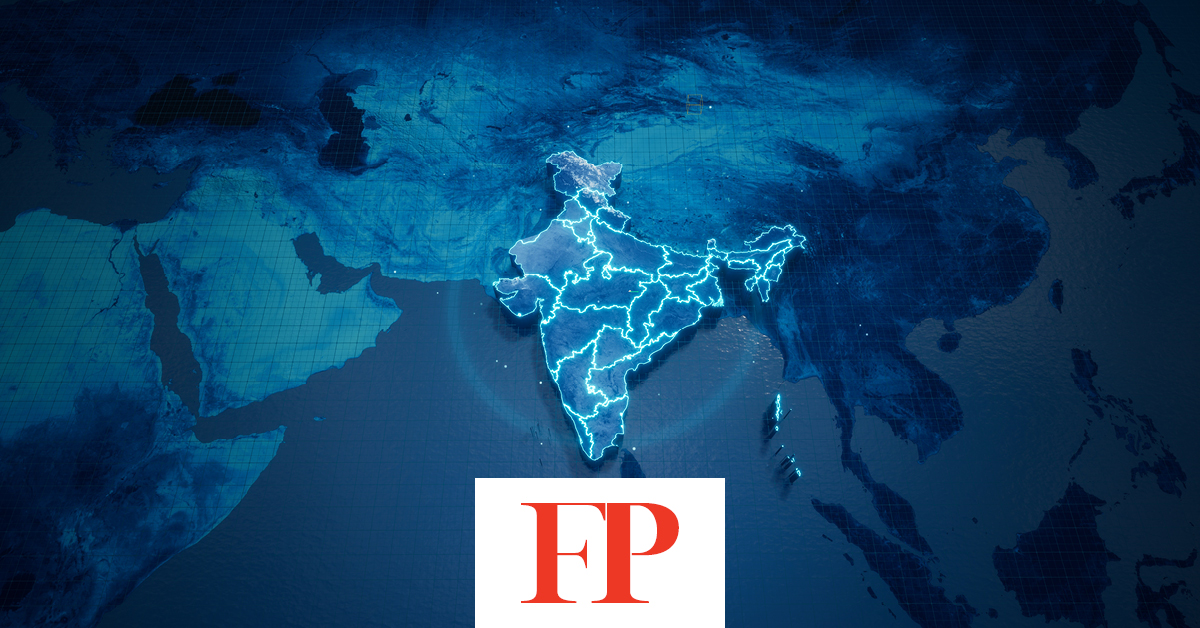
India is a warning about unintended consequences for those looking to regulate Big Tech in the United States.

Protecting privacy and building trust, as well as improving the technology, will be key to success, says Tufts cybersecurity expert and Professor Susan Landau.

Bhaskar Chakravorti discusses how advancements in technology have helped maintain the global economy and what companies have done to contribute to the widespread adoption of digitally-based services.
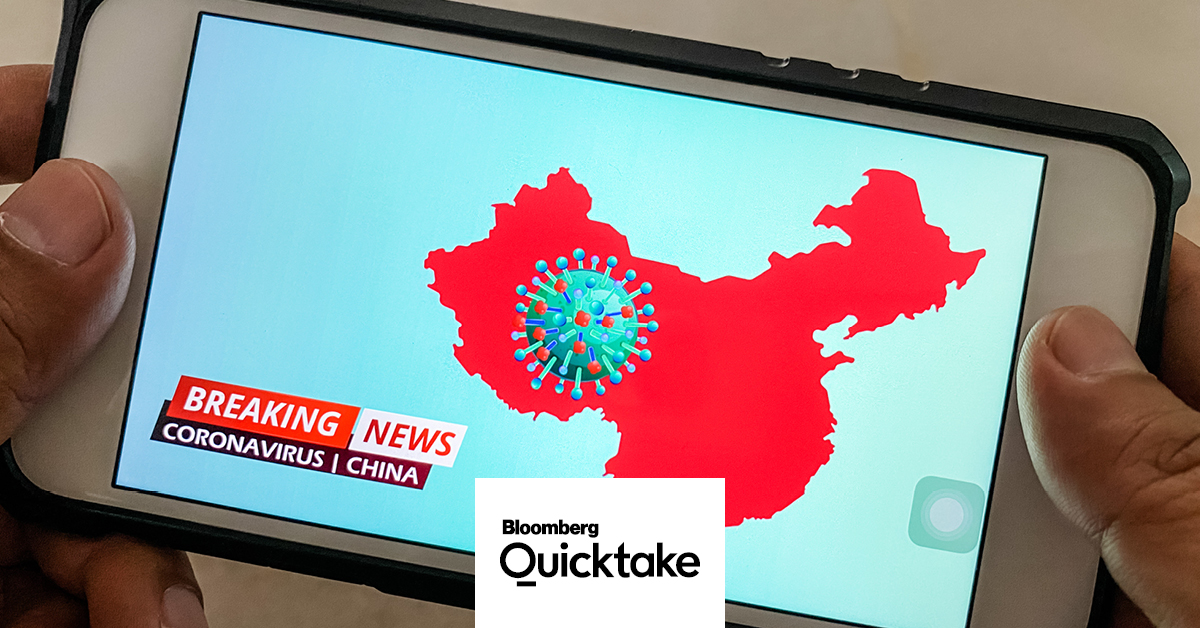
Bhaskar Chakravorti says our reliance on tech in the pandemic “fast-forwarded” everyday life into the future, even though our lives were put on pause.

Director of Digital Planet Research Ravi Chaturvedi shares an assessment of Reliance Industries’ diversification and investments into technology ventures.
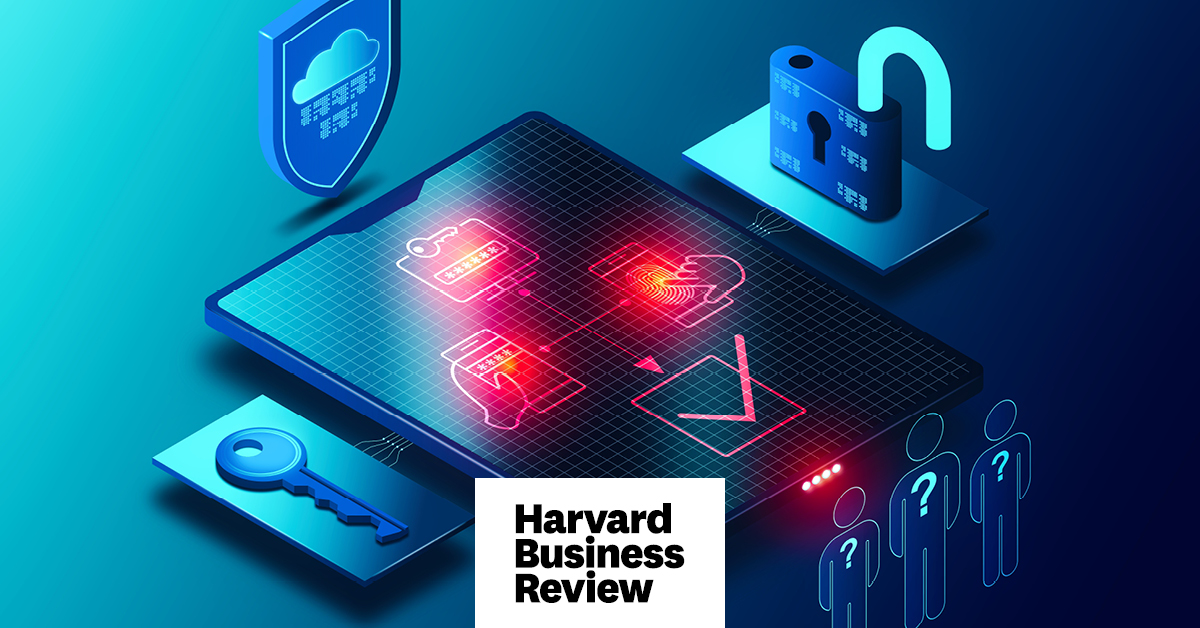
As economies around the world digitalize rapidly in response to the pandemic, one component that can sometimes get left behind is user trust. What does it take to build out a digital ecosystem that users will feel comfortable actually using?
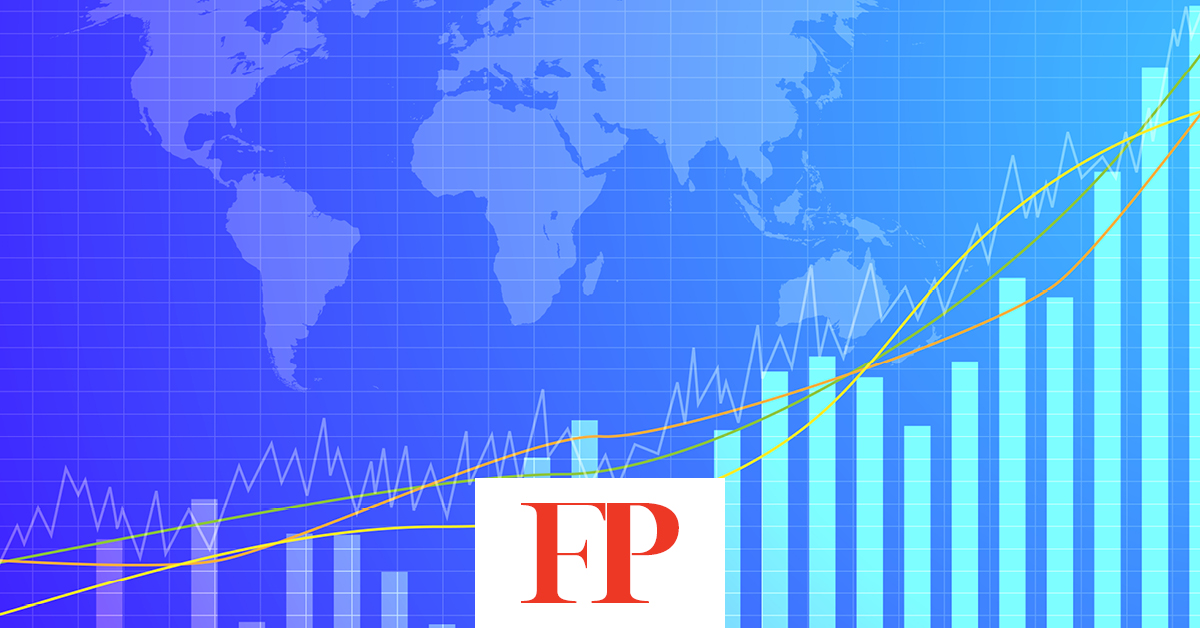
Did the nations with better digital readiness experience greater economic resilience during the COVID-19 pandemic? According to Bhaskar Chakravorti, the positive associations between advanced digital evolution and economic stability are notable but not universal.

Bhaskar Chakravorti discusses how multinational companies, including Big Tech firms, are equipped to handle the vaccination effort and the privacy concerns involved with handling medical data.
Jack Dorsey’s new-found courage to silence Trump’s Twitter handle may have been helped by the reality that an ex-president, now twice impeached, who incited a mob to attack his own seat of government, may command fewer advertising dollars.

Director of Research Ravi Shankar Chaturvedi explains the hurdles Indian Billionaire Mukesh Ambani may face in turning Jio into a global tech empire.

Bhaskar Chakravorti explains the changes that will likely be made to the tech industry following the Capitol riots on January 6, 2021. Read his article in Foreign Policy for more.

Resilience reflects digital infrastructure and citizen trust, according to Fletcher School study.

Covid-19 brought home the urgency of closing a digital divide that has left millions in the cold under lockdowns.

We Democrats soon to be in charge of Senate Committees, experts expect ferocious action on reform of Section 230 as well as antitrust.
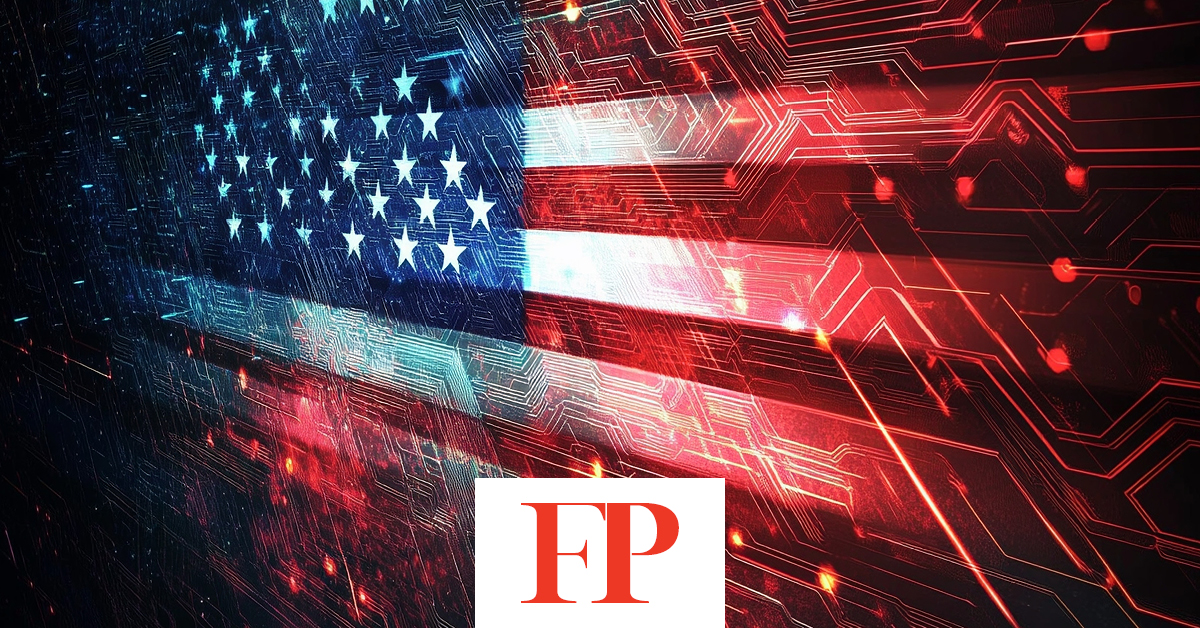
It can help solve many of his problems, yet so far, Biden has distanced himself from the sector. That has to change.

It is time to imagine the boulevards and sewers that will emerge at the end of this pandemic. To consider this, we must ask what from 2020 should we reinforce, what must we rebuild and what should we tear down and build again?

Now more than ever, digital capabilities are essential to ensure a country’s growth and economic resilience. But how do different economies compare as far as the current state and ongoing momentum of their digital development? And how have these factors impacted their experiences during the pandemic?

Bhaskar Chakravorti discusses how the “Digital Divide” could impact the distribution of the COVID-19 vaccine in Massachusetts.

Bhaskar Chakravorti sits down with David Kirkpatrick to discuss and offer his proposal on tech policy for the Biden administration.

If the tech industry wants to address its longstanding issues with diversity and its ranks, tech companies may need to go to where diverse talent lives, not the other way around.

Erica Pandley writes about the correlation between the UK’s struggling economy and its transition to working from home during COVID-19, citing data from the Digital Intelligence Index (DII).

Despite India’s and China’s economic might, these countries have far fewer remote jobs than the U.S. or Europe. That’s affecting the emerging economies’ resilience amid the pandemic. Erica Pandey sites findings from the Digital Intelligence Index in her article on Axios.

This webinar discusses the future of AI, how it is being deployed, and the policy and legal issues being raised. Speakers explore ways to mitigate possible concerns and how to move forward safely, securely, and in a manner consistent with human values.

Could the 2020 election be the perfect storm for misinformation? ABC News analyzes Digital Planet’s Misinformation Index to find out.
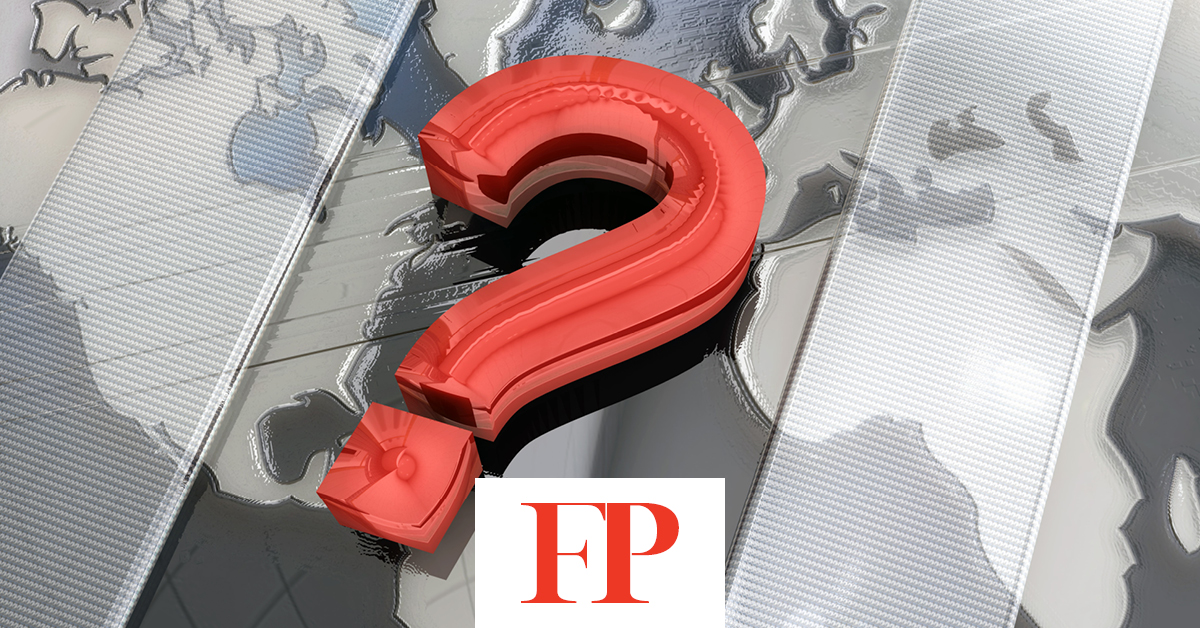
Far from a game-changer, the case highlights how observers continue to get Big Tech wrong.

Bhaskar Chakravorti discusses the spread of misinformation across social media platforms, which has increased as we draw closer to the 2020 presidential election.
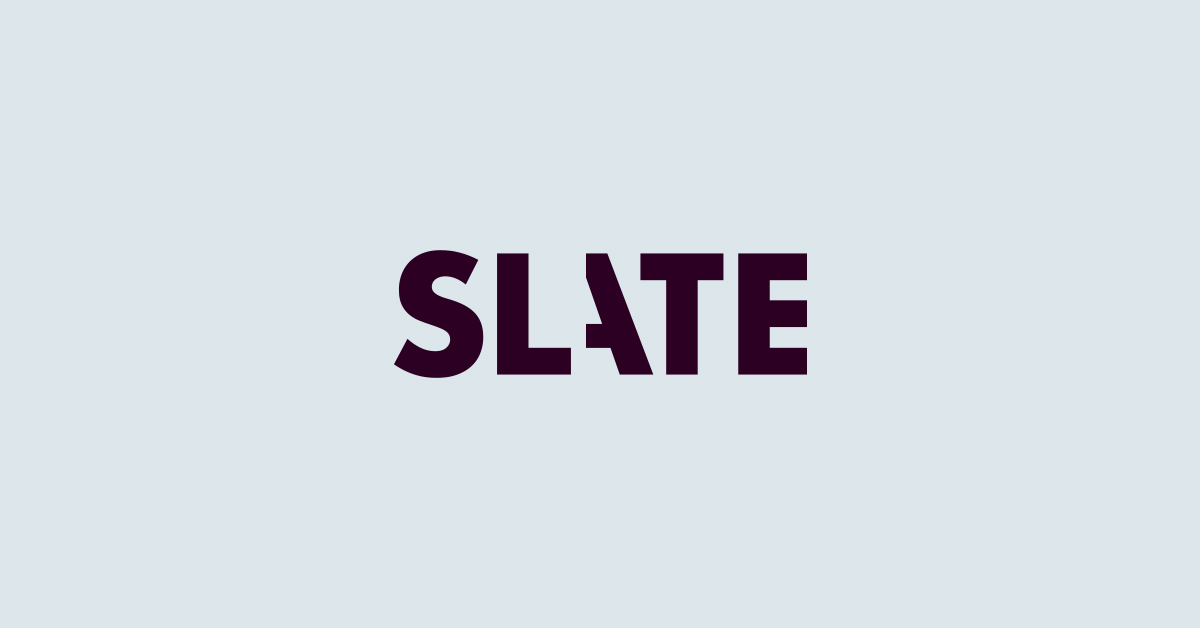
Professor of Cybersecurity Policy Josephine Wolff writes about how phishing emails are becoming more personalized and manipulative, making it harder for people to tell the difference between real and fake messages.

Professor of Cybersecurity Policy Josephine Wolff addresses the lack of congressional oversight in regards to various threats directed at the 2020 presidential election.

Bhaskar Chakravorti describes the economic and social tolls that COVID-19 has taken on India, citing insights from Digital Planet’s Social Distance Readiness Benchmark.

Senators set to become leaders under a Democrat majority have sought to establish new antitrust law, break up tech companies.

Bhaskar Chakravorti is interviewed about the House Judiciary Subcommittee on Antitrust’s recommendations on competitive practices for Big Tech companies: Apple, Google. Facebook, and Amazon.
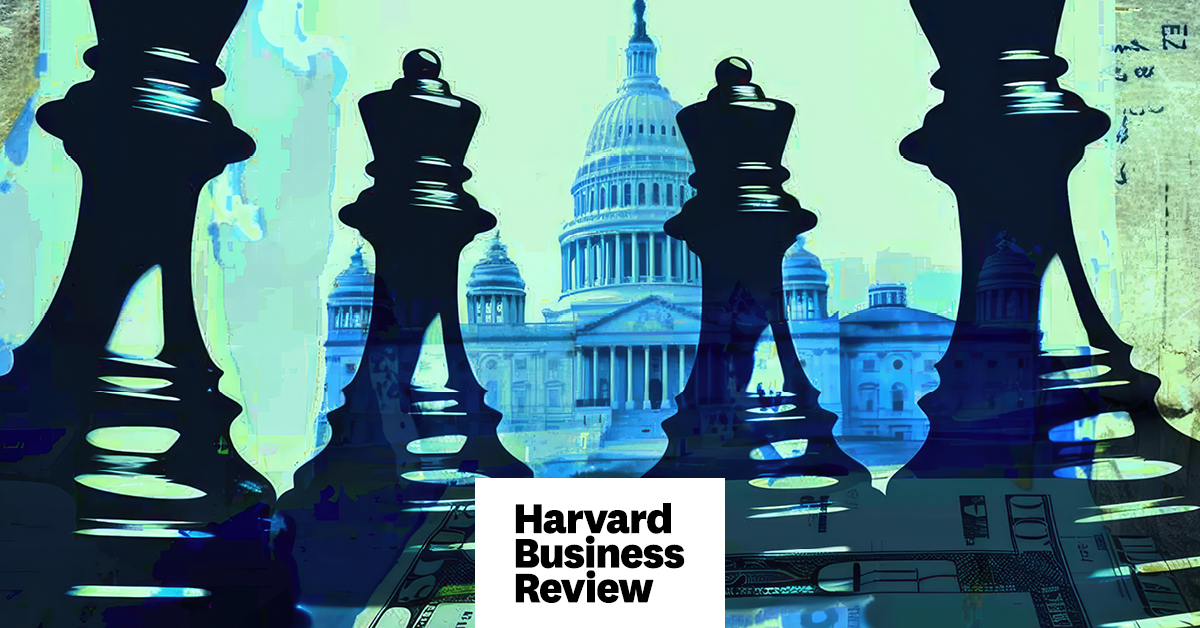
In his latest article in HBR, Bhaskar Chakravorti asks whether or not anti-tech antitrust is the right tool to address America’s biggest technology problem.
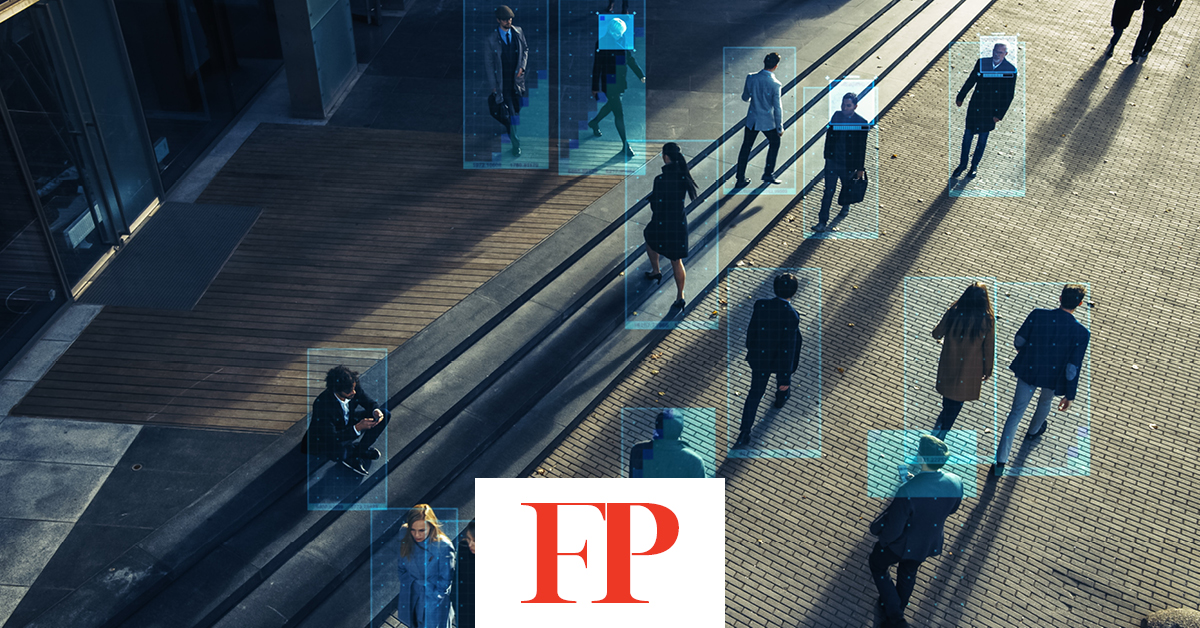
Congressional action has typically left big tech firms intact, instead mandating that they improve access for all consumers. Washington should stick to that model.

Digital Planet research on the social distance readiness of the United States is featured in a segment on CBS Moneywatch. Key insights from the report are shared.

Bhaskar Chakravorti discusses key findings from the African Leapfrog Index and how Africa can use its vast digital ecosystem to unlock unprecedented growth.

Bhaskar Chakravorti writes about eight digital realities of the Indian market and the realities behind initiatives to digitize the country.

Bhaskar Chakravorti discusses research from Digital Planet, which found that India is one of the least equipped countries for remote-working readiness.

As the government considers antitrust action against big US technology companies, a global business scholar identifies four myths that need busting first.
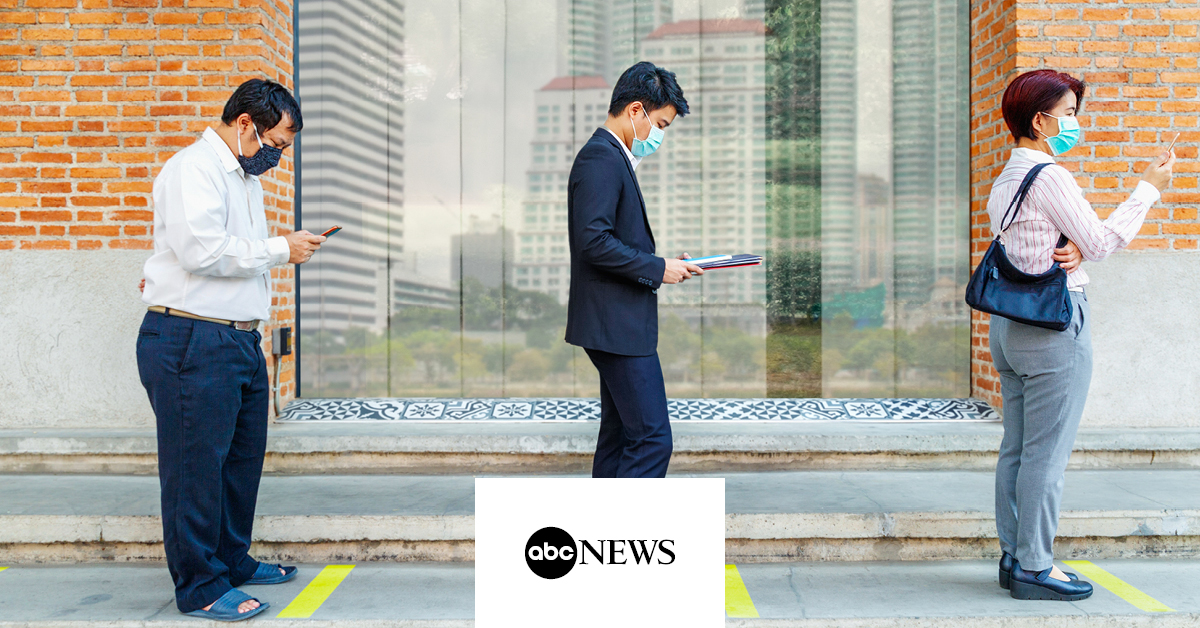
While working from home is an option for the digitally-connected, much of the U.S. and the rest of the world aren’t ready to support a remote workforce.

Remote Working Can’t Last Forever: Bhaskar Chakravorti.

ICE’s international student ban is a politicized pandemic response that hurts America.

Using insights gathered from Digital Planet’s “Work from Home or Out of Work” report, Bhaskar Chakravorti discusses whether working from home allows employees to be more productive or not.

Bhaskar Chakravorti explains the mixed success of automated contact tracing experiments around the world and how this spells trouble for U.S. efforts to rein in COVID-19.

White House downplayed COVID deaths, pushed reopening. Inconsistent response, lacking coordination. Premature victory claims. Desperate and dysfunctional.

Rather than prepare to reopen, Bhaskar Chakravorti recommends that companies help employees settle into operating remotely.

Bhaskar Chakravorti shares insights from Digital Planet’s Social Distance Readiness Benchmark and discusses which states are practicing social distancing best.

“We’re missing a system that defines and grants users “digital agency” — the ability to own the rights to their personal data, manage access to this data and, potentially, be compensated fairly for such access.”

New research from Digital Planet analyzes how prepared 42 countries were to enter and exit lockdown during COVID-19.

Tufts Now | Bhaskar Chakravorti participated in Lessons from a Pandemic, a video series run by Tufts University, and shared his insights on how to lift lockdown orders around the world.

Business Insider | Using data collected from the Social Distance Readiness report, Bhaskar Chakravorti offers insights on how countries around the world can lift lockdown orders.

Josephine Wolff explains how lawmakers are just like the millions of other people who are working from home.
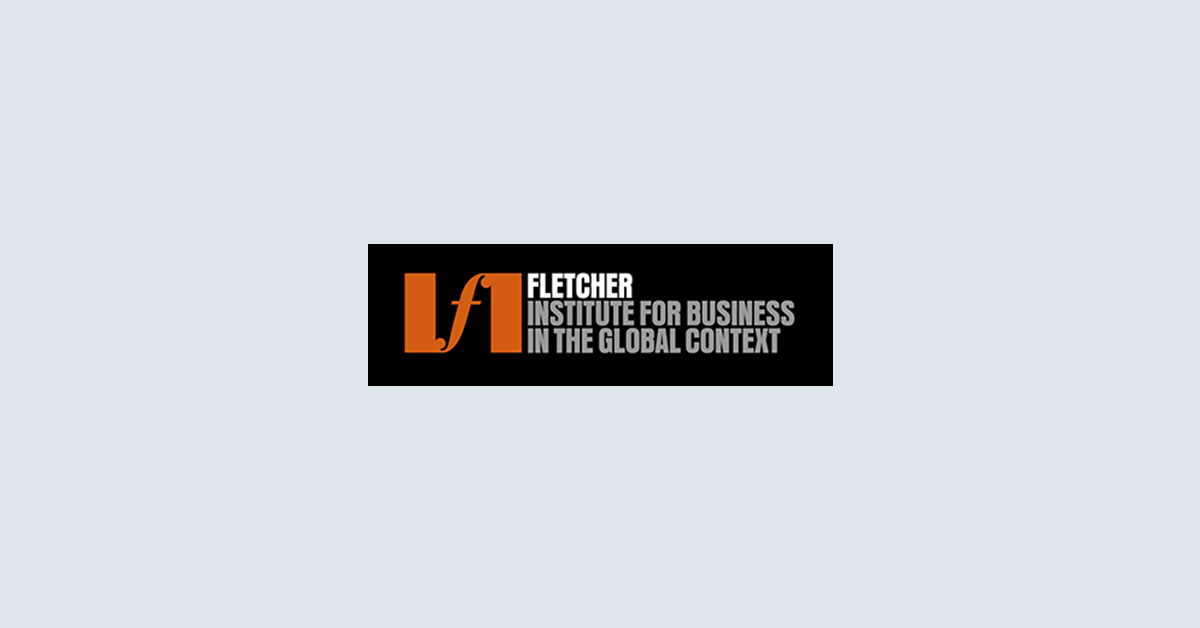
Fletcher Professor Jette Steen Knudsen explains the responsibilities of Western retailers to the workers who make their garments as the coronavirus forces factories to shut down.

NBC Boston | Bhaskar Chakravorti is interviewed and expresses his thoughts on President Trump’s recommendation to inject disinfectants.

As the world raced to contain COVID-19, it effectively launched a necessary but costly experiment: Move all possible economic activity online to flatten the pandemic’s curve and save lives. But digitally recreating the economy-as-usual has its limits and the “Great Lockdown” comes with devastating economic costs.

USA Today | Bhaskar Chakravorti states guidelines to reopen states are “a bad idea motivated by Trump’s political motives rather than a measured, data-driven public health strategy.”

Al Jazeera | CPJ says Trump’s attacks have been amplified during the coronavirus crisis, a time when unimpeded journalism is crucial.

Fletcher Professor of Cybersecurity Policy Josephine Wolff explains that while Zoom has made some mistakes, it’s owned up to them in the middle of an unprecedented time.

It is about time, Mark Zuckerberg (Facebook/WhatsApp), Sundar Pichai (Google/YouTube), Jack Dorsey (Twitter) and Zhang Yiming (TikTok) made some tough calls, much like what their own political leaders have done.

CBS News examines the strain on internet infrastructure due to increased remote work, highlighting the need for robust connectivity.

Social media companies combat COVID-19 misinformation but urged to do more. Increased efforts needed to tackle the spread of false information.

Josephine Wolff explains how the United States can learn from other countries to track the pandemic while still protecting privacy.

Bhaskar Chakravorti is interviewed about the impacts of COVID-19 and the “infodemic” on the Massachusetts and national economies.

Will our internet be able to keep up with the demands of COVID-19? Josephine Wolff expands on this topic in The New York Times.

The rise of the coronavirus is leading to a surge of false and possibly dangerous misinformation. Where can people go to get the facts?

Rumors and untruths are spreading online — from conspiracy theories about the origin of the virus to outlandish treatments.
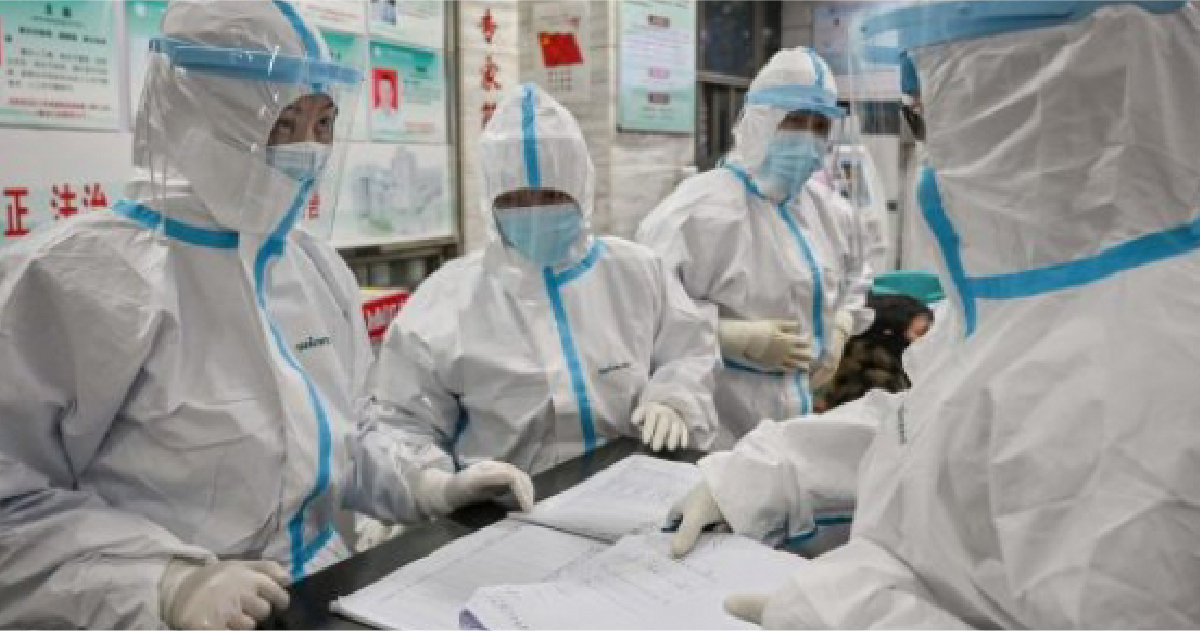
Fox News | “I would worry about countries that have single party or autocratic governments since they have a lower level of objective scrutiny from the media, including the traditional (institutionally reported) media and (bottom-up reported) social media.”

Facebook’s new new “physical harm” standard is one that Twitter and Google ought to adopt.
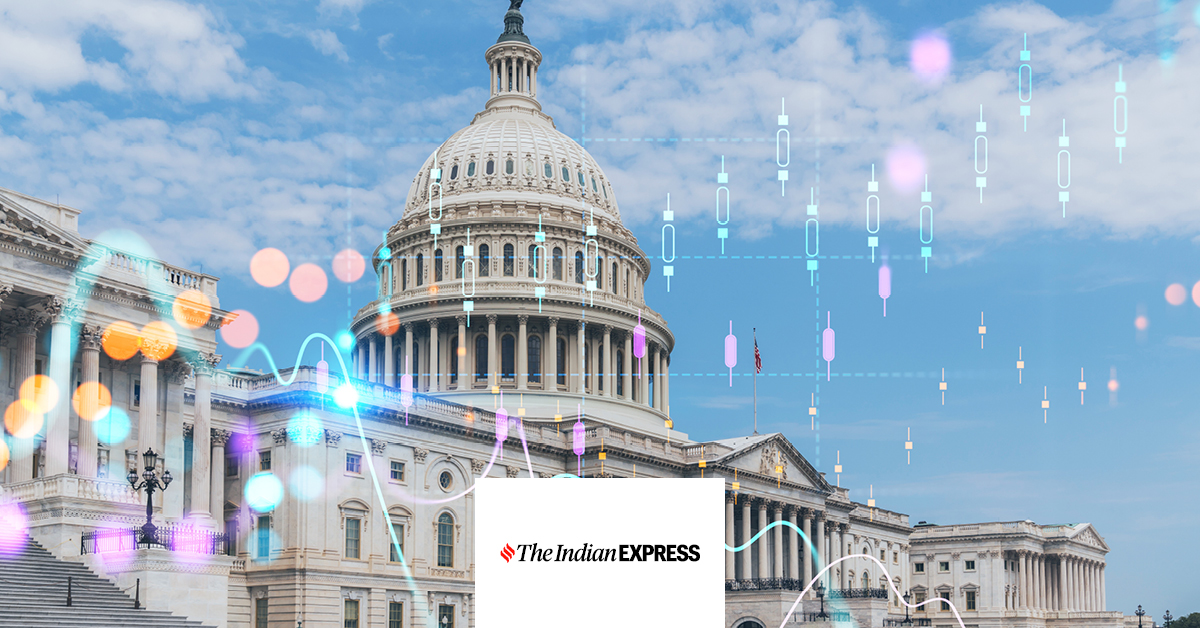
The first lesson you’d learn is that even the Chinese have given up on crude techniques like wholesale internet shutdowns.

As 2020 rolls around and more unicorns prepare to gallop into the public markets, it would be wise for investors to tease out these differences and the impact they have on a digital company’s value.
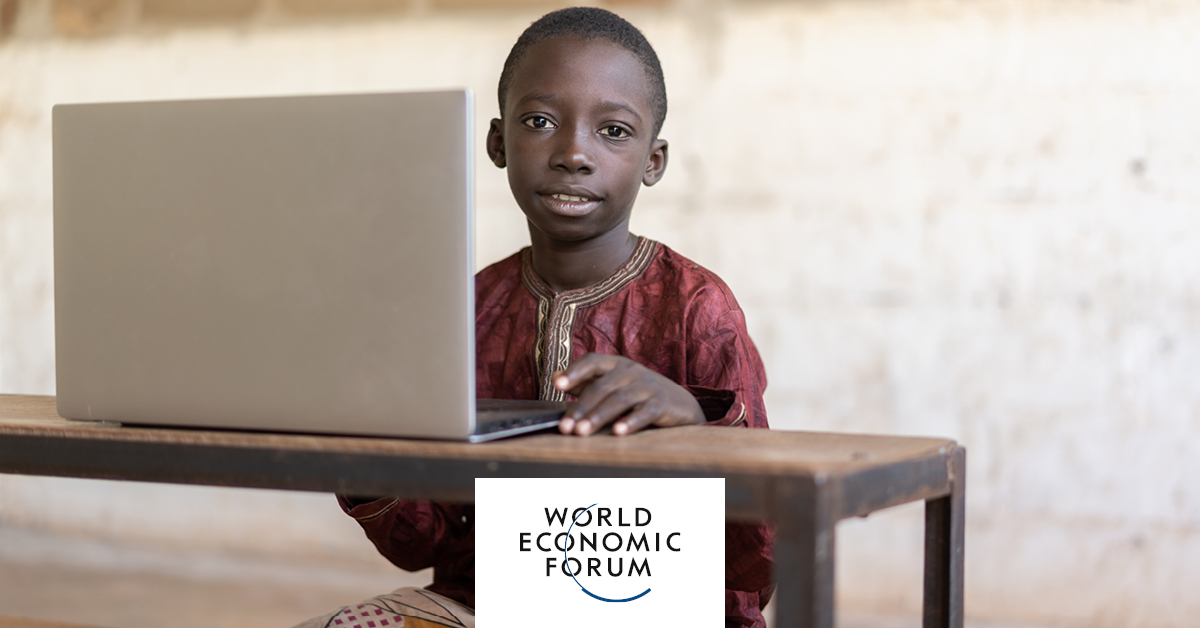
A new study looks at how prepared six African countries – Egypt, Ethiopia, Kenya, Nigeria, Rwanda, and South Africa – are for the digital revolution.

Which countries offer the best environments for digital businesses? Digital Planet’s Ease of Doing Digital Business report will tell you.
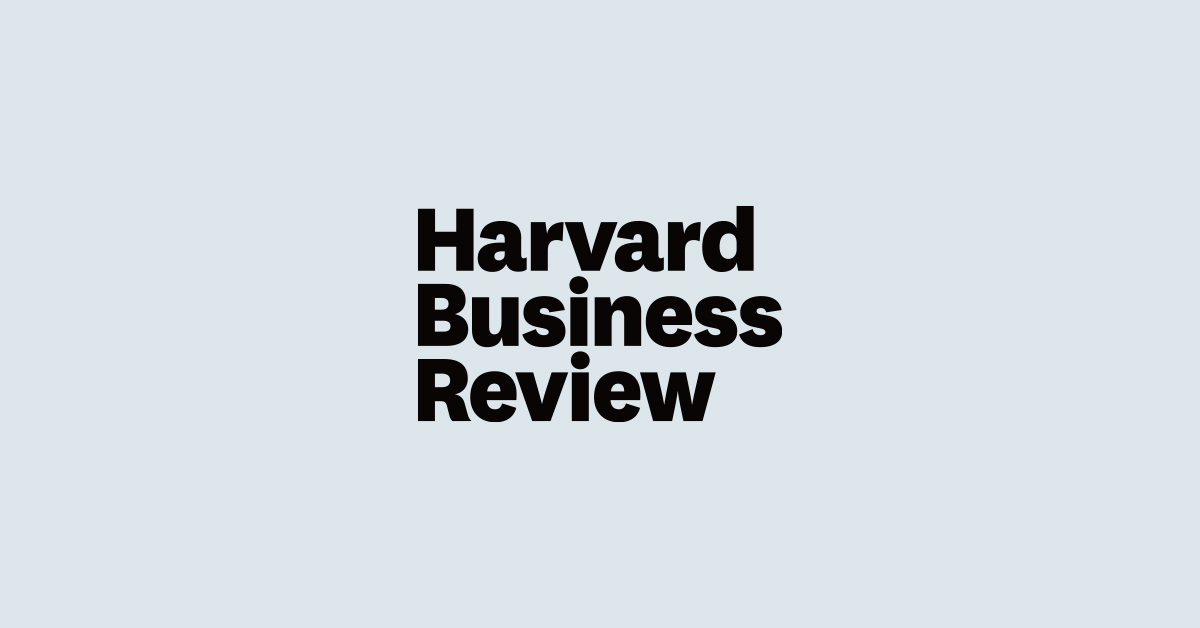
The African Leapfrog Index (ALI) evaluates six African countries against a continent-wide “best-performance” benchmark.
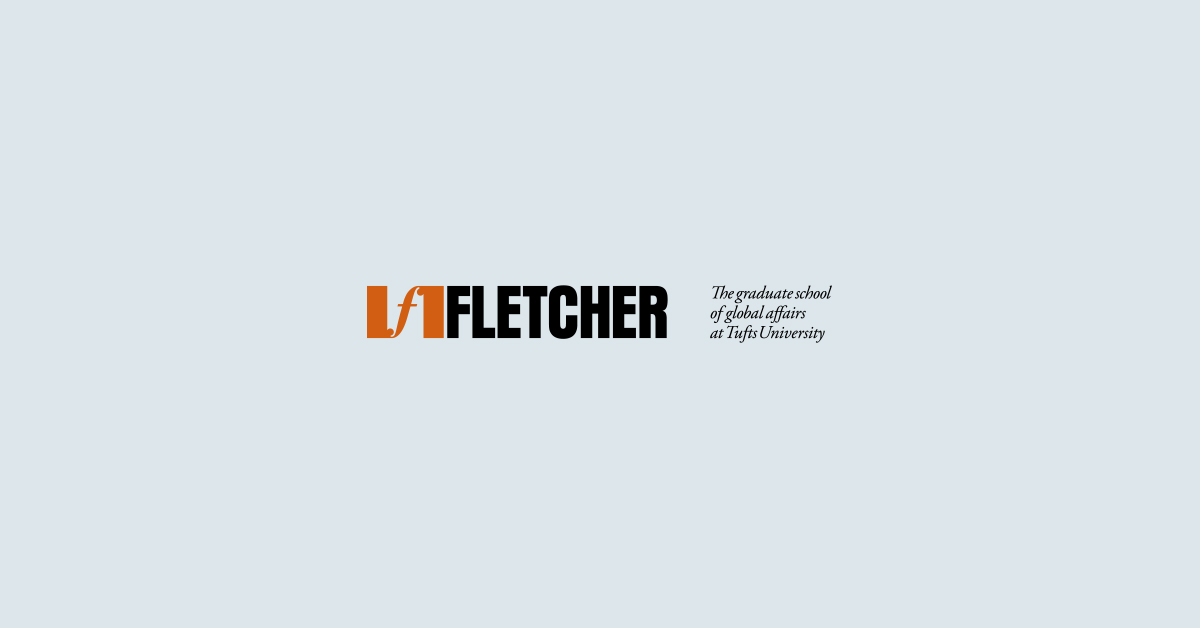
Digital Planet’s Ease of Doing Digital Business report ranks 42 countries on how easily digitally-enabled companies can enter, operate in, and exit their markets.
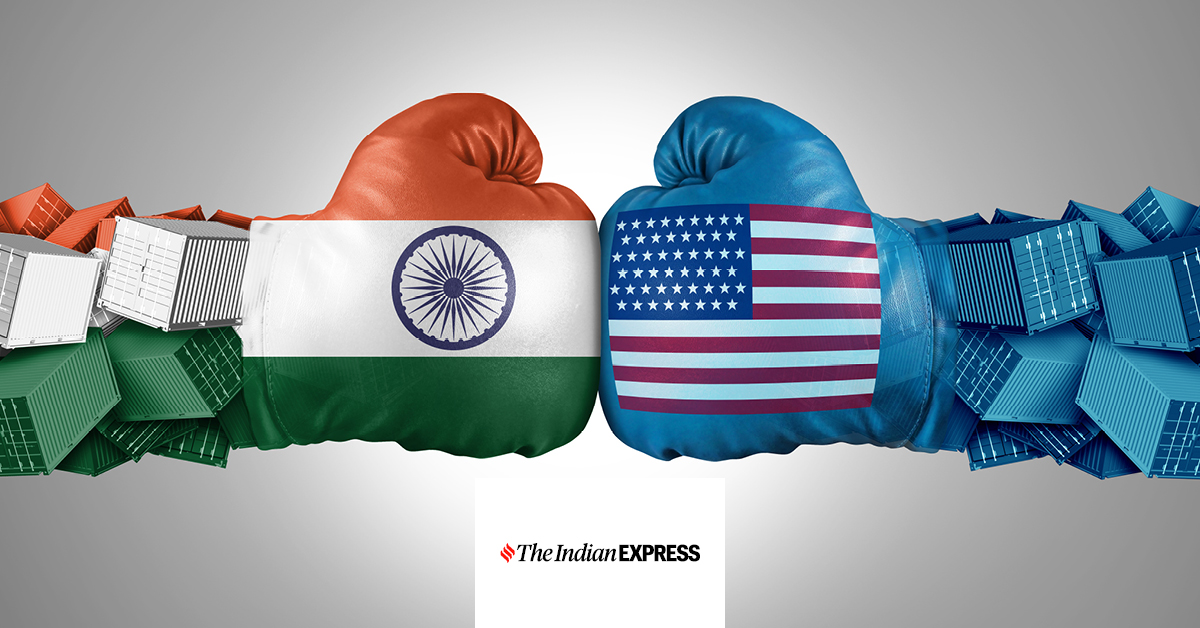
Can Jaishankar persuade U.S. authorities to recognize that immigration restrictions may not help Americans get jobs?

Indian millennials had been handed a political bonanza: Two terms of Modi, a leader they adore at home and in Houston; a muscular post-Article 370 India, which seems to have left a mark on relatively few millennial consciences; and demonetisation, a bad idea then, worse idea now, but popular nevertheless with the demographic.

Harvard Business Review | The Ease of Doing Digital Business report analyzes how easily digital companies can enter, operate-in, and exit markets around the world.

Advocates and opponents of breaking up Facebook, Google and other technology giants are falling prey to some serious misconceptions.

Keynote speaker Ravi Shankar Chaturvedi discussed global digital economy competition, data as a competitive advantage, and Estonia’s role in the new world.

Foreign powers eye US elections, focus on Elizabeth Warren’s tech-busting proposal to break up Big Tech. Global implications of digital dominance explored, China’s preference for disaggregated US rival noted.

Harvard Business Review | Bhaskar Chakravorti analyzes the strengths and weaknesses of India’s government in Harvard Business Review.